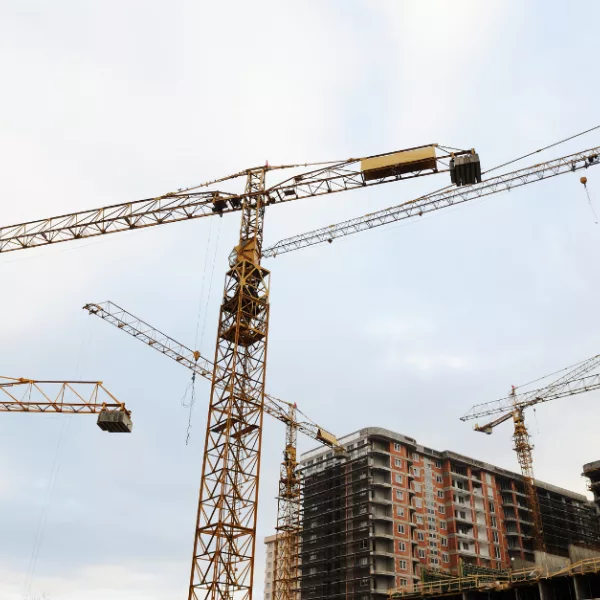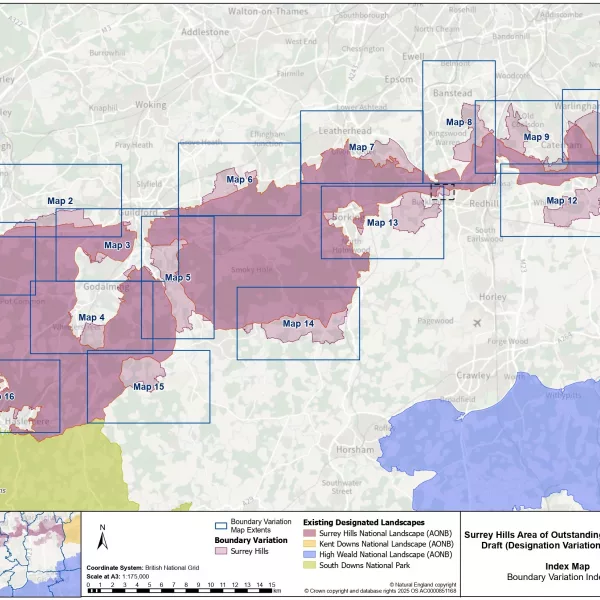
DEFRA introduces Mandatory Biodiversity Net Gain Contribution
Last week the Government’s Department for Environment, Food and Rural Affairs ('DEFRA') published guidance documents relating to Biodiversity Net Gain (‘BNG’). The concept of BNG relates to new development, which aims to leave the natural environment in a measurably better state than it was in beforehand. The guidance documents provide further background on BNG, as well as land managers guidance and how to calculate a biodiversity value. This guidance is a helpful prelude to the forthcoming changes to the Environment Act, which will come into force in November 2023 and will enforce BNG contribution nationally. The changes will require a mandatory contribution of at least 10% BNG and to secure habitat enhancement for 30 years, for all developments. We understand that proposals for small site development will not need to comply until April 2024, and some development will be exempt altogether, including small-scale self-build and custom house building.
The concept of BNG contributions is already established at a local level, with some Local Authorities currently requiring BNG contributions to mitigate the impact of development. The national mandate will follow a similar process to that already adopted by some Local Authorities, whereby a BNG statement will be required to be submitted alongside planning application submissions. Once the application receives consent, a BNG plan will then need to be submitted and approved prior to the commencement of a development.
DEFRA’s guidance outlines that biodiversity units are calculated from the size of the habitat, its quality and location and provides a biodiversity metric to calculate how many units can be generated from a site. In those instances where a development yields excess biodiversity units, the developer may use the credits or sell them as off-site gains for another development.
In order to prepare for the adoption of the BNG requirement nationally, the Government is providing funding to Local Authorities. Once adopted, Natural England will be appointed as “Register Operator” to establish and maintain credit reserves. They will also sell statutory biodiversity credits on behalf of the Government. Private landowners will continue to be able to sell biodiversity units to developers as off-site contributions.
At Union4, we have experience of preparing and co-ordinating planning applications which have required BNG contributions to Local Authorities in the past. We welcome a standardised method of calculating units and securing credits through Natural England which would be uniform across Local Authorities, as the process currently results in significant variations in calculations and pricing schedules. More importantly, the mandate will provide significant benefit to biodiversity, while raising awareness about how development can positively impact the environment through onsite and offsite contributions.
To read the collection of guidance on DEFRA’s website, please see here: Biodiversity net gain - GOV.UK (www.gov.uk)
Other news
See all

London Housebuilding: Emergency Measures
The Government and GLA are currently consulting on two documents aimed at stimulating and reviving housing delivery across London, in response to a…...
Read now
Surrey Hills Area of Outstanding Natural Beauty - Boundary Extensions: Last opportunity to make representations
Natural England have given notice of their intention to Vary the Designation Order to include boundary extensions to the Surrey Hills Area of…...
Read now